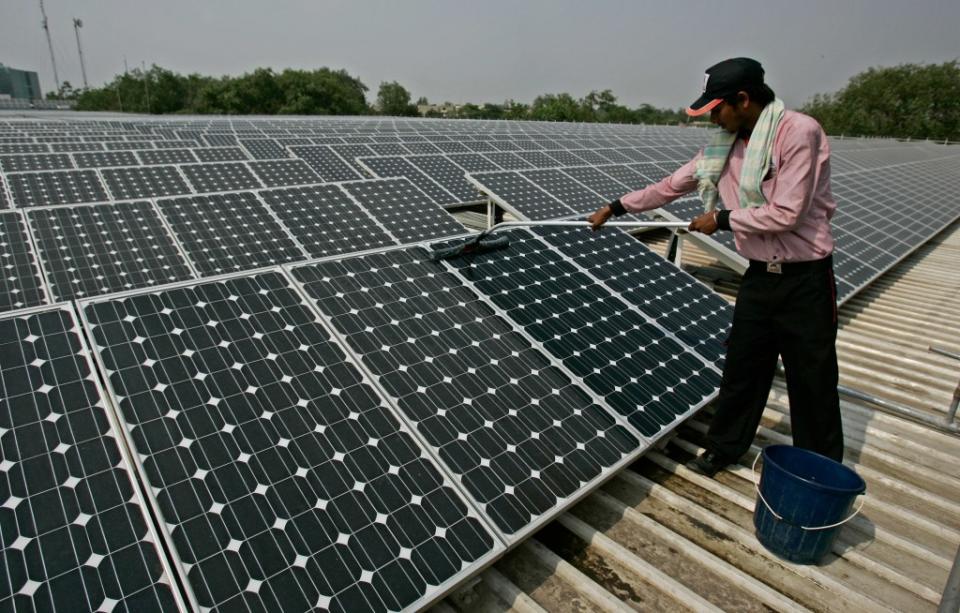Tired of work stress? Here are the 5 best top-paying, low-stress jobs for 2024

Stress less, earn more.
With “quiet quitting” recently entering the American lexicon, it’s no surprise that workers are suffering historic levels of stress and disengagement at their places of employment.
Two-thirds of American employees say their jobs are stressful, while a whopping 40% say their roles negatively impact their mental health.
Still, millions of miserable workers stay suffering at their jobs, believing they won’t be able to procure an impressive paycheck if they move to more relaxed roles.
However, a new USA Today investigation has uncovered that there are numerous high-paying roles with low levels of stress — you just need to be savvy to find them.
The publication scoured the US Department of Labor database, finding five jobs paying six-figure salaries that have the lowest level of stress factors as defined by the labor department’s Occupational Information Network.

Below, the five occupations that could reduce your stress levels and boost your bank balance at the same time.

Environmental economists
According to O*NET, this impressive-sounding job requires workers to “conduct economic analysis related to environmental protection and use of the natural environment, such as water, air, land, and renewable energy resources.”
The median wage for an occupation in this category is a cool $113,940, while it ranks a relatively relaxed 52 on O*NET’s stress tolerance scale of one to 100. (For comparison: Special education teachers clock in at 94 on the scale, while urologists are at 100.)
However, if this job tickles your fancy, you may have to head back to school before you apply for a position. USA Today reports that most occupations in this category require a master’s degree.
Remote sensing scientists and technologists
Workers in this field “analyze data and solve problems in areas such as natural resource management, urban planning, or homeland security.” Additionally, they may “develop new sensor systems, analytical techniques, or new applications for existing systems.”
The median average salary for an employee in this category is $107,970, while it also scores a 52 on the O*NET stress tolerance scale.
However, as in the case of an environmental economist, most advertised roles require a master’s degree in the field.
Mathematicians

If you aced math class in high school, you may want to make a move to this field.
While this industry has long been seen as stale and unexciting, mathematicians make a median average salary that’s seriously impressive ($112,110).
Chances are you’ll also find yourself more relaxed at work, with the O*NET stress tolerance score a very reasonable 56.
Water resource specialists
Given the high pay and low stress, many readers will surely be thirsty for a role as a water resource specialist.
The job field generally requires workers to “design or implement programs and strategies related to water resource issues such as supply, quality, and regulatory compliance issues.”
The median salary is $144,440, while the O*NET stress tolerance score is 59.
It’s also one of the areas where workers don’t need a graduate degree to apply. Most entry-level positions require only a four-year college.
Solar energy systems engineers

Solar systems engineers “perform site-specific engineering analysis or evaluation of energy efficiency and solar projects involving residential, commercial, or industrial customers.”
Depending on the role, they may also “design solar domestic hot water and space heating systems for new and existing structure.”
But while the job sounds very technical, it’s not exactly stressful. O*NET only gives this industry a 61 on the stress tolerance scale, meaning most workers feel laid-back.
Their six-figure salary surely helps things, too. The average income for a solar energy systems engineer is $104,600.

